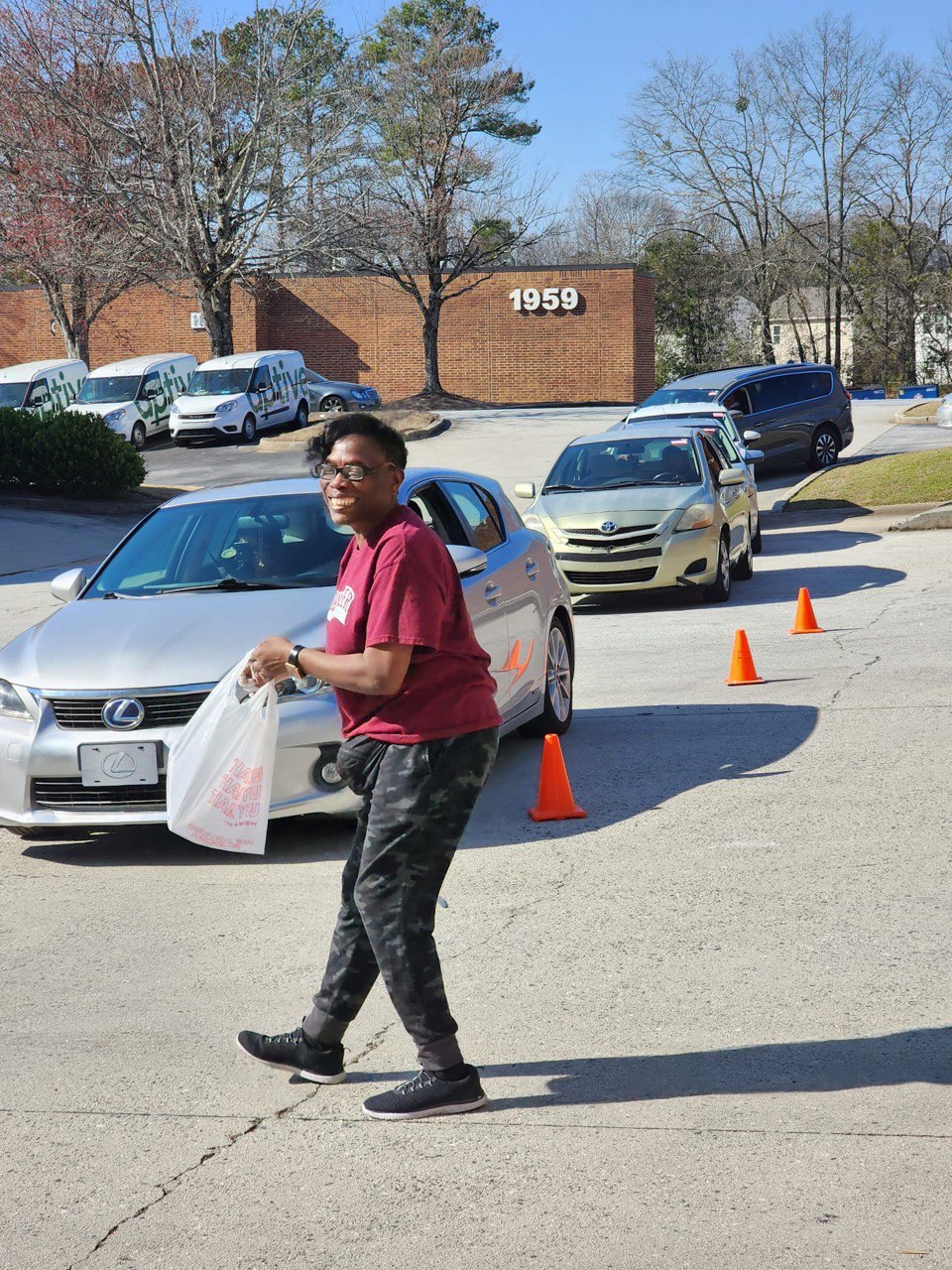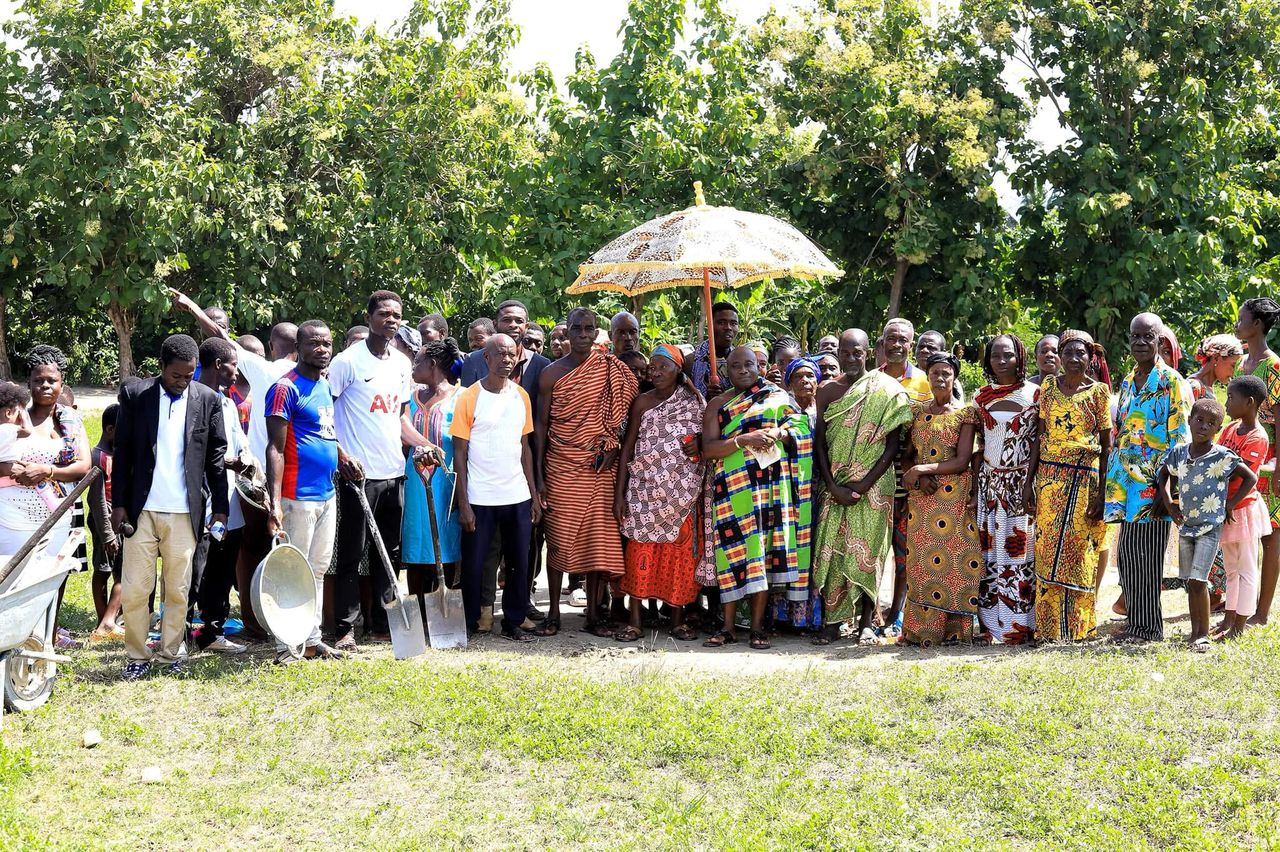1. Strategic Leadership
Vision Alignment: Ensure all programs align with the organization’s mission and vision.
Goal Setting: Develop measurable objectives for each focus area (e.g., food distribution volume, youth participation, senior support services).
Sustainability Planning: Plan for long-term funding, resource allocation, and program continuity.
2. Operational Efficiency
Program Oversight: Monitor and evaluate the effectiveness of services like food pantries, tutoring, or senior outreach.
Resource Management: Efficiently manage volunteers, staff, supplies, and facilities.
Compliance: Ensure compliance with legal, food safety, and privacy regulations (especially when dealing with minors or health info for seniors).
3. Financial Stewardship
Budgeting: Prepare and manage budgets responsibly; ensure transparency.
Fundraising and Grants: Oversee development efforts, including grant writing, donor relations, and fundraising events.
Reporting: Provide accurate and timely financial and impact reports to the board and funders.
4. Community Engagement
Relationship Building: Cultivate partnerships with schools, local governments, businesses, and other nonprofits.
Client-Focused Services: Maintain a deep understanding of community needs, especially for vulnerable populations.
Outreach: Promote awareness and accessibility of programs to ensure the target groups are reached.
5. Team Leadership
Staff and Volunteer Management: Hire, train, and supervise team members with a focus on inclusion and accountability.
Culture Development: Foster a respectful, service-oriented, and mission-driven organizational culture.
Professional Development: Support ongoing learning and growth for staff and volunteers.
6. Evaluation and Reporting
Impact Measurement: Track outcomes such as the number of meals served, youth educational improvements, or increased senior engagement.
Continuous Improvement: Use data and feedback to refine and improve programs.
Transparency: Share successes and challenges with stakeholders regularly.



